Description
By Yi-Li Wu
Hardcover book
ISBN 9780520260689
368 pages, 6.00 x 9.00″
Expertly written, this is a fascinating and compelling scholarly work that brings a chronological focus on the Chinese medical literature of childbirth, or fuke. Early chapters establish the historical and cultural context in which textually based knowledge about womens bodies was created and legitimized. In China, the late Ming to middle Qing was a period of rapid population growth, economic expansion, intellectual vibrancy, and a flourishing print culture at all levels of society. The medicine of late imperial China reflected all these currents. Subsequently the book explores the repertoire of models and metaphors that appeared in the medical literature and that framed how medical writers envisioned women’s reproductive health and illness. Next it examines the corpus of writings on fuke and provdes a revisionist reading of a key issue in the historiography of Chinese medicine: how doctors perceived the relationship between the structures and functions of the human body. Further chapters explore the metaphorical frameworks guiding the understanding of conception and gestation, and a final section presents case studies of medical change and innovation in Qing fuke, examining how social, medical, and technical considerations converged to legitimize new approaches to potentially life-threatening issues. We emerge with a thoughtful cognizance of a pluralistic, contested body of knowledges and practices whose most innovative thinkers promoted an increasingly benign view of female reproductive bodies.

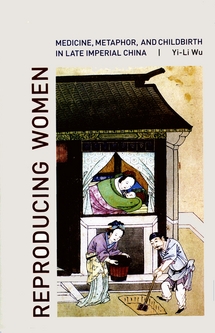
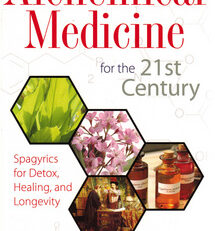
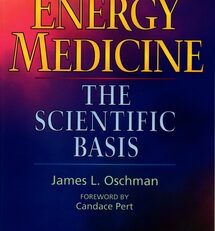
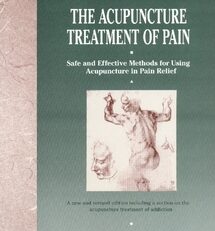
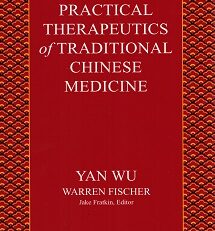
Reviews
There are no reviews yet.